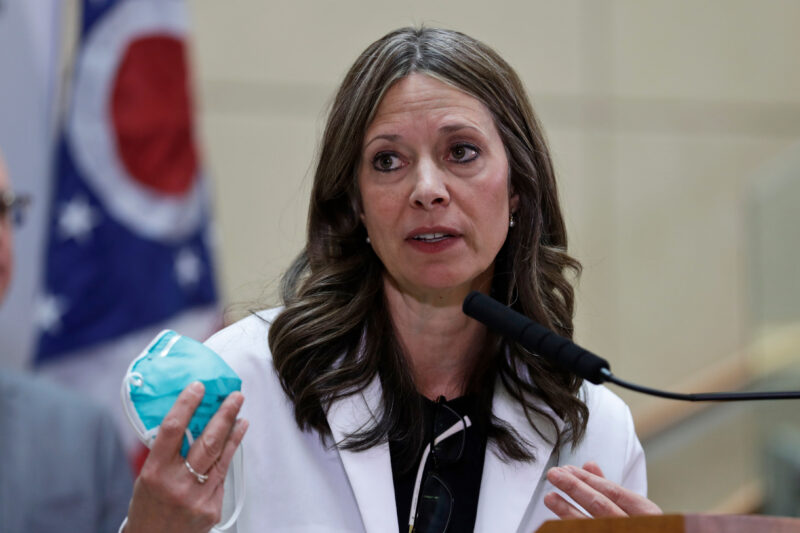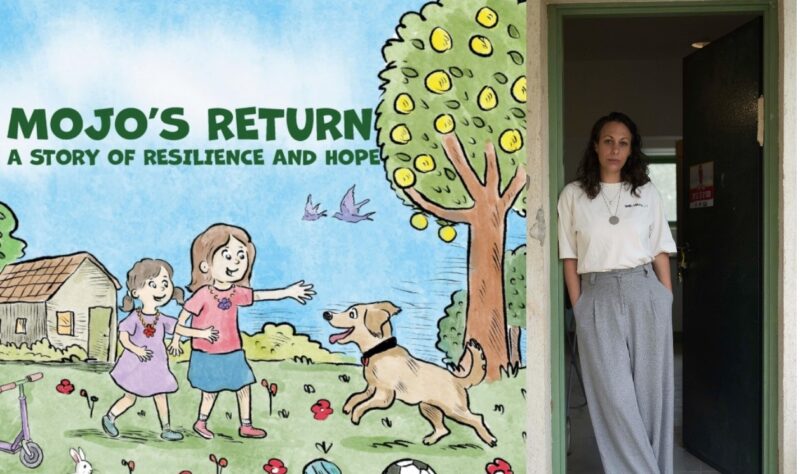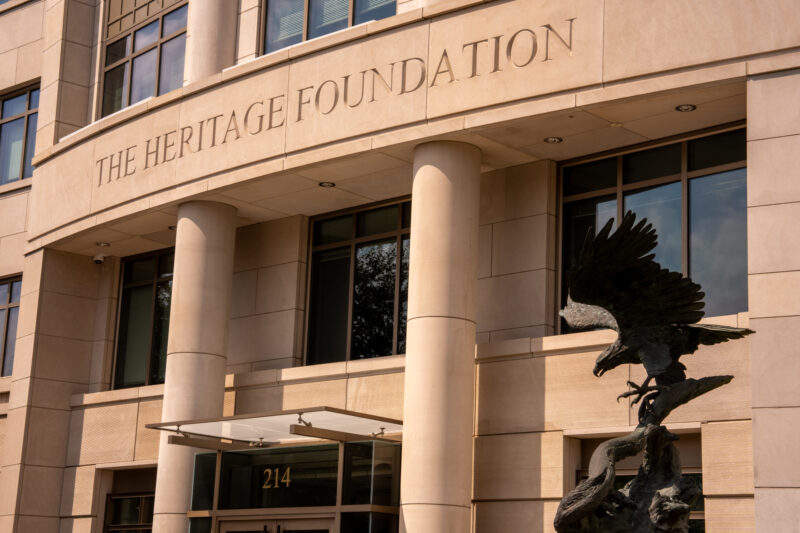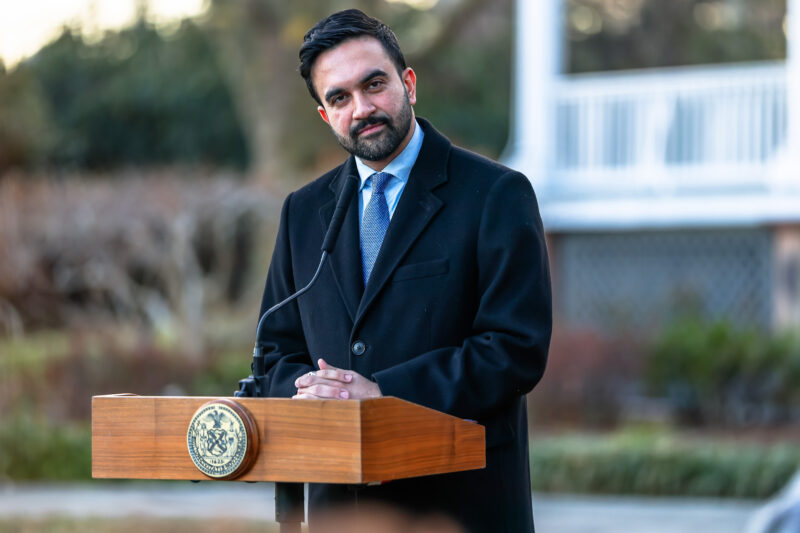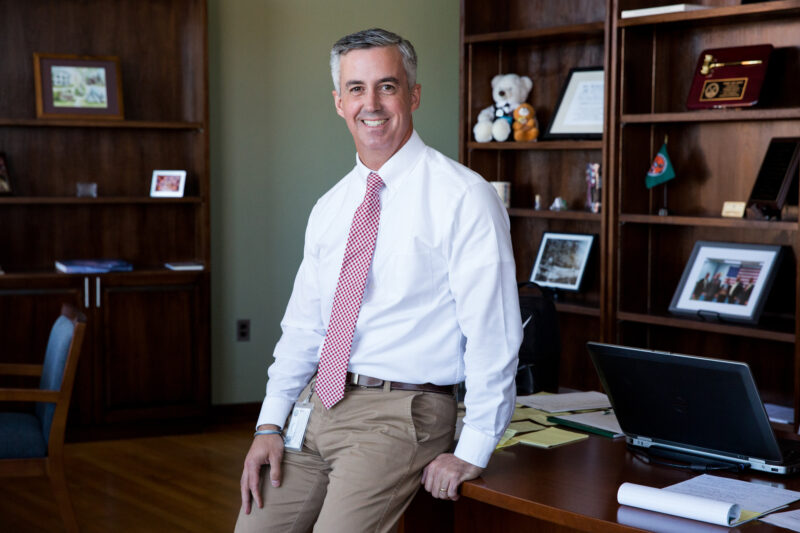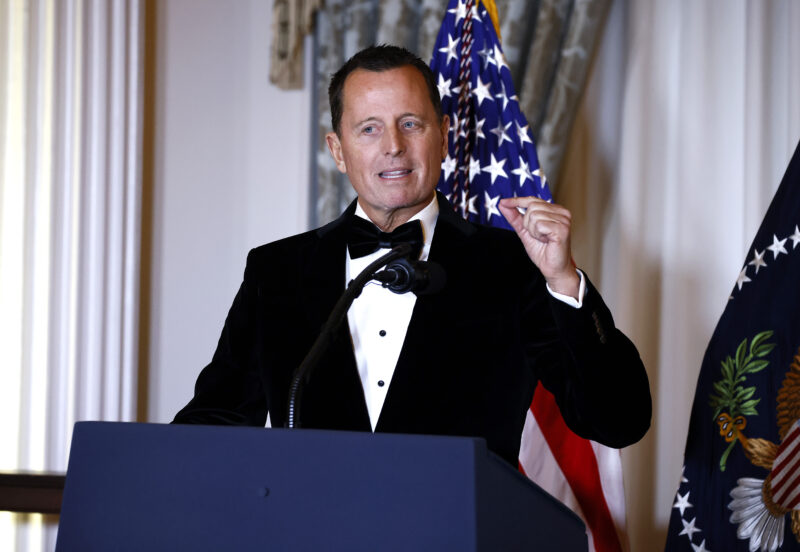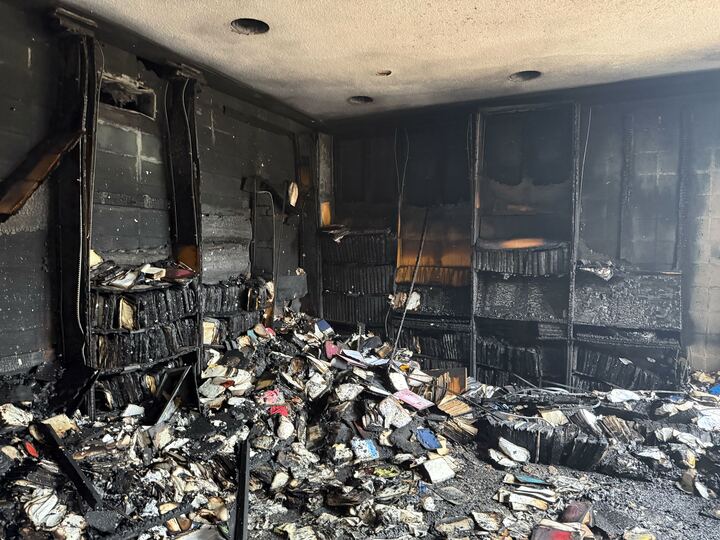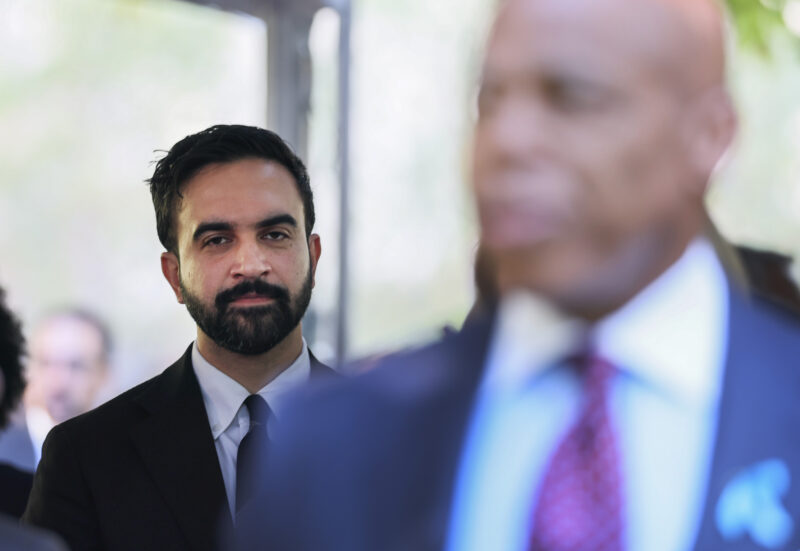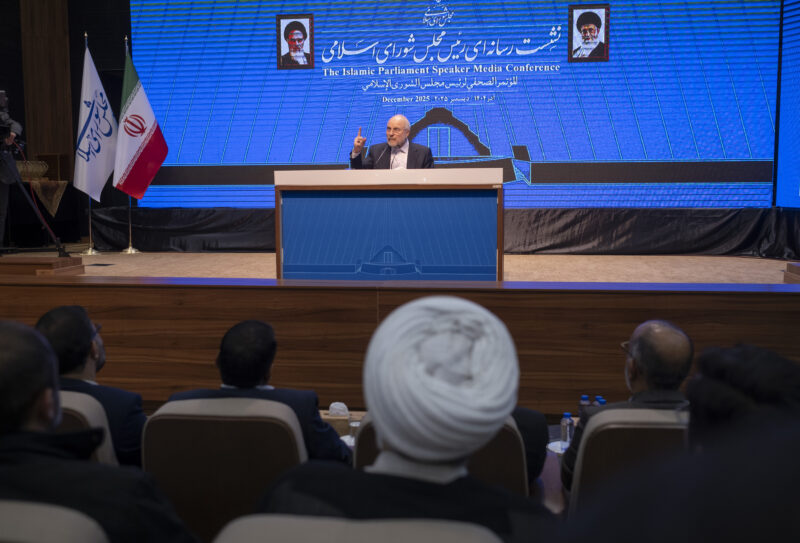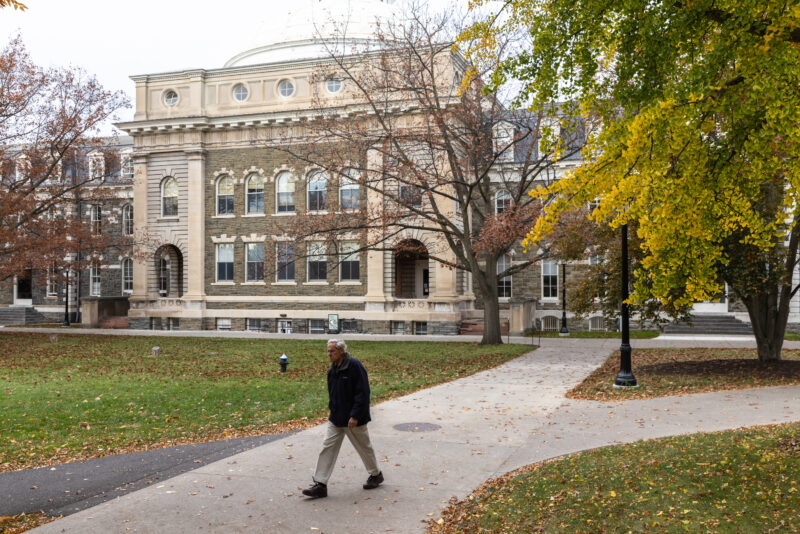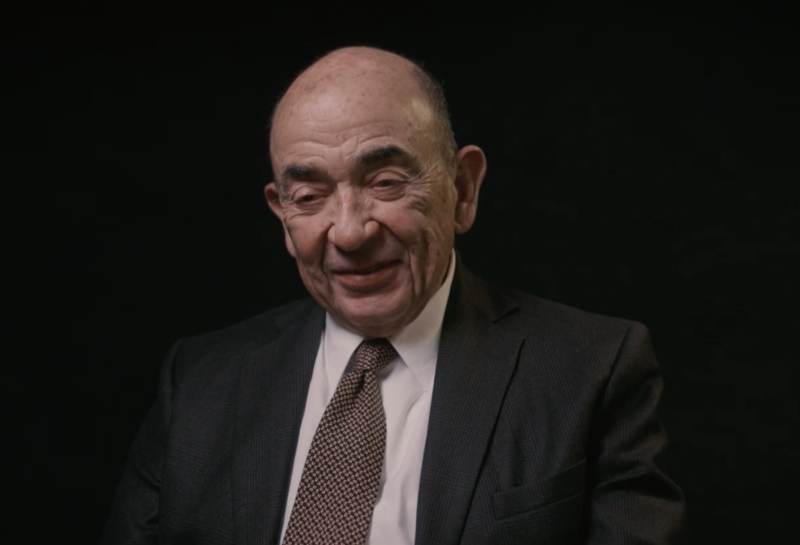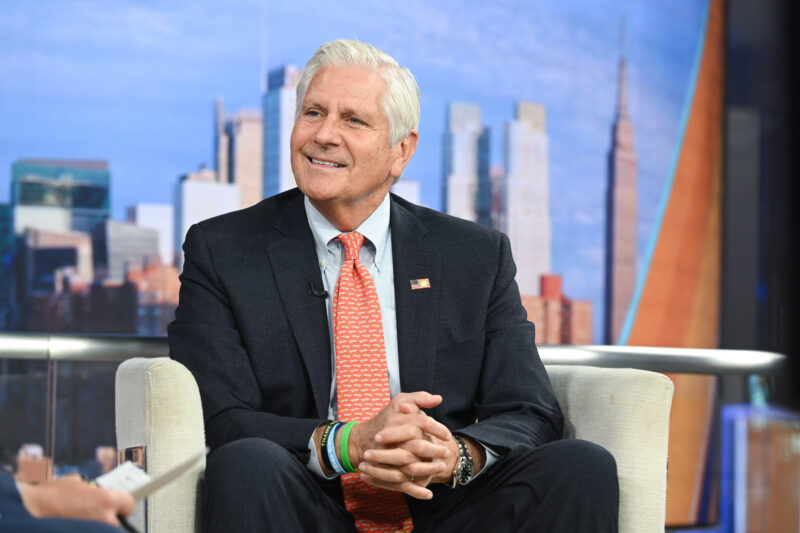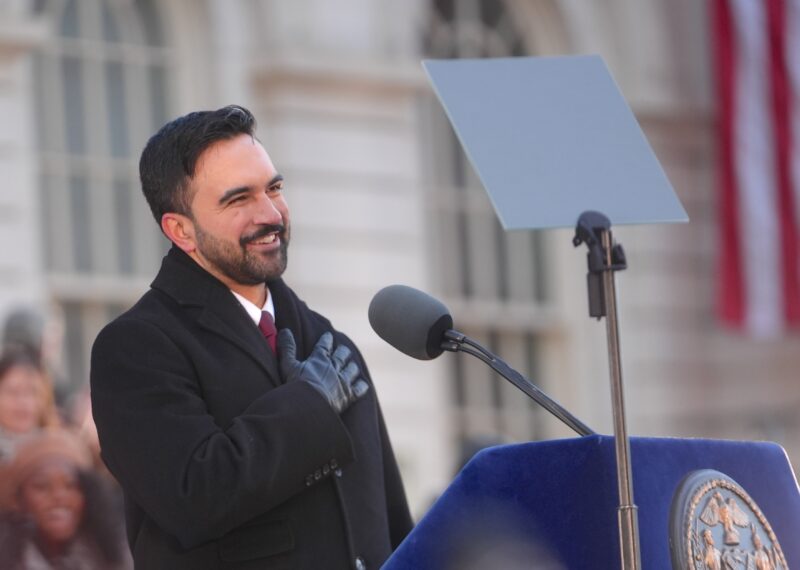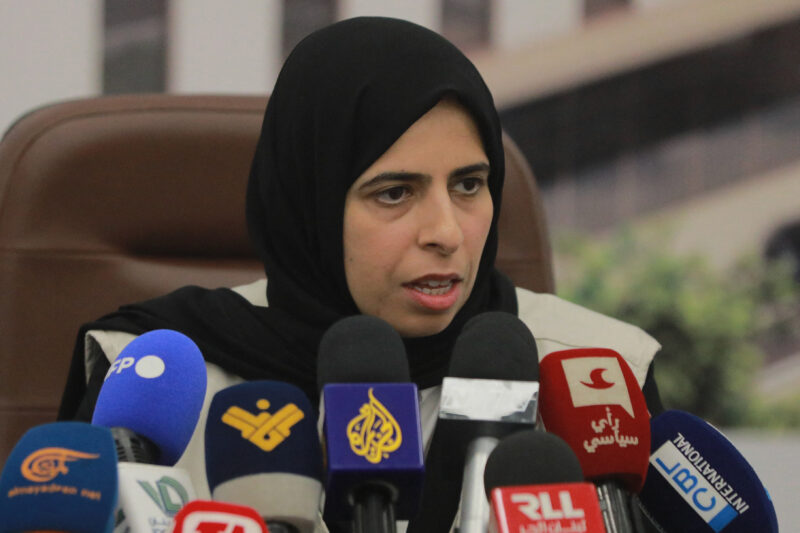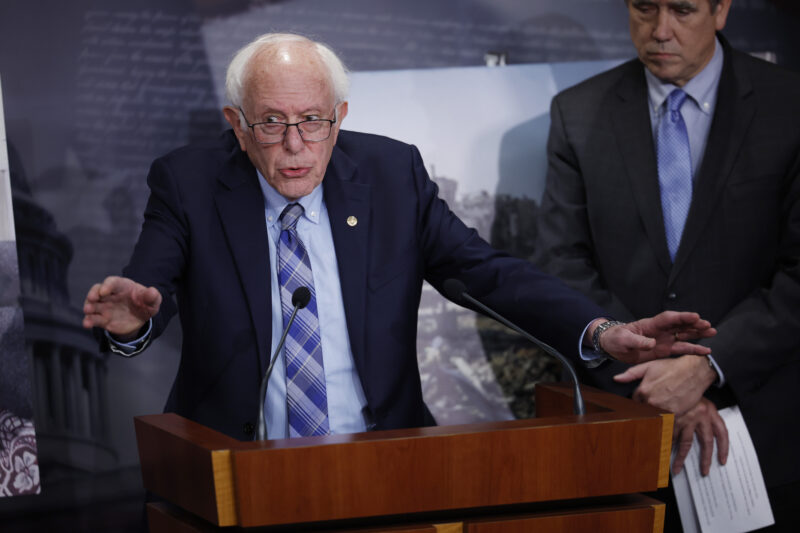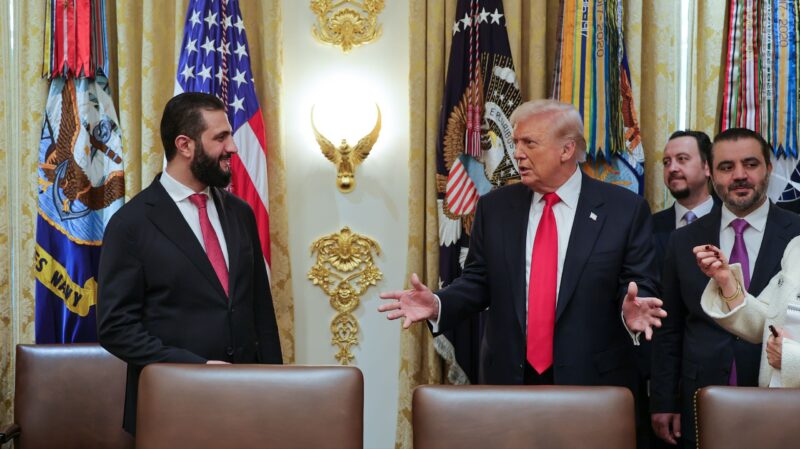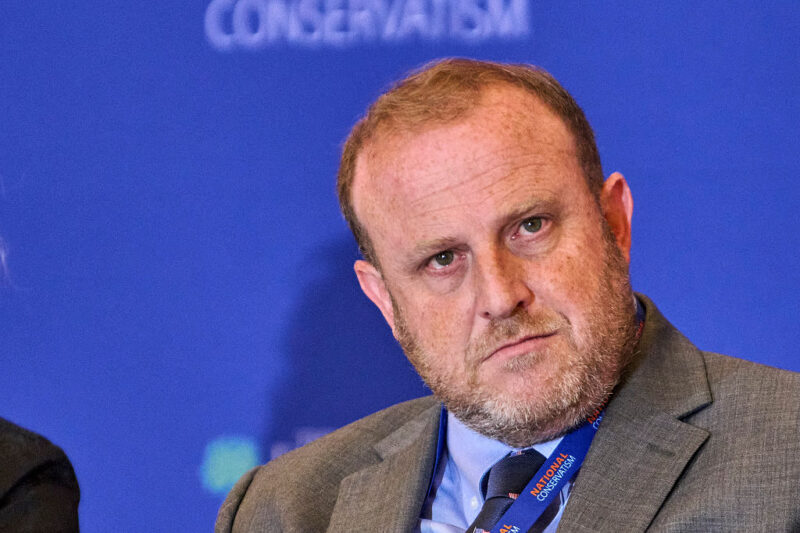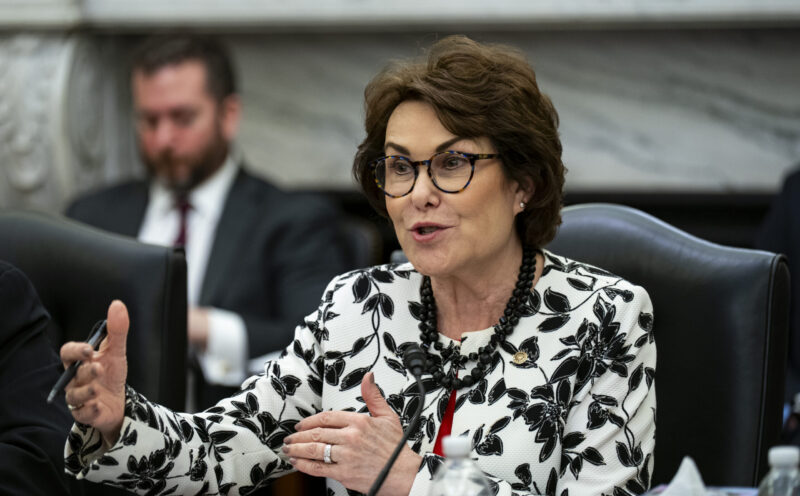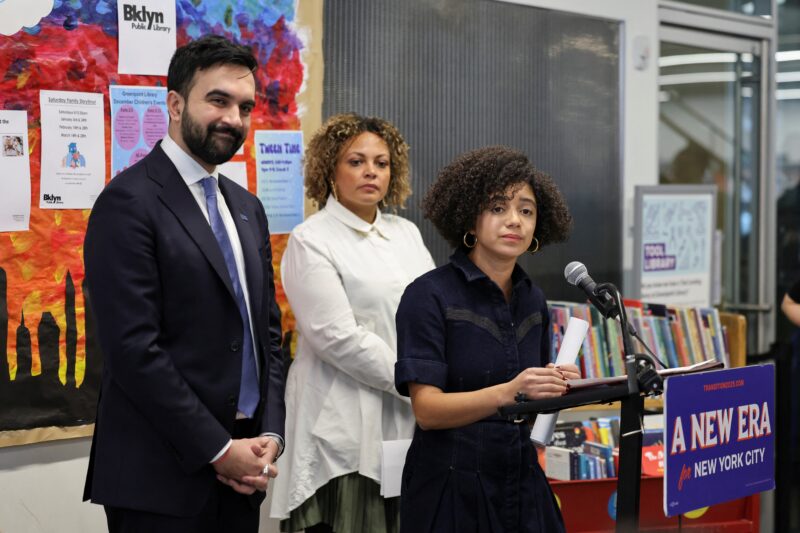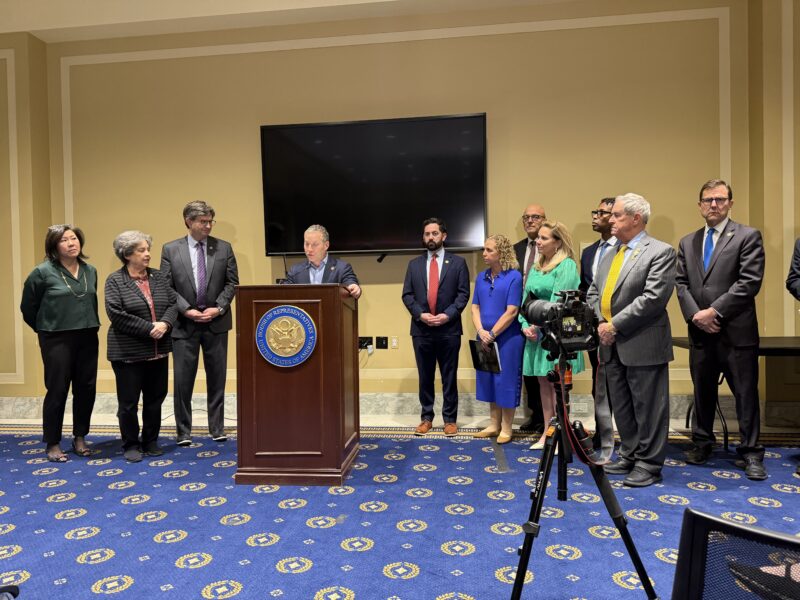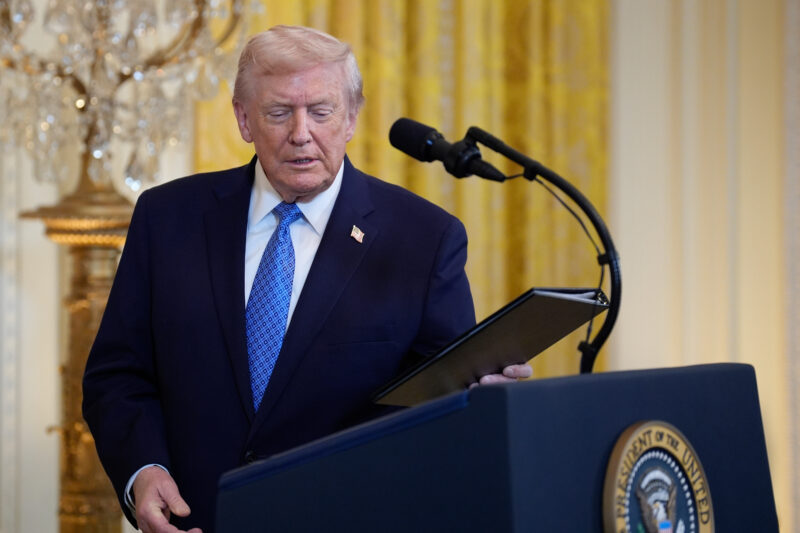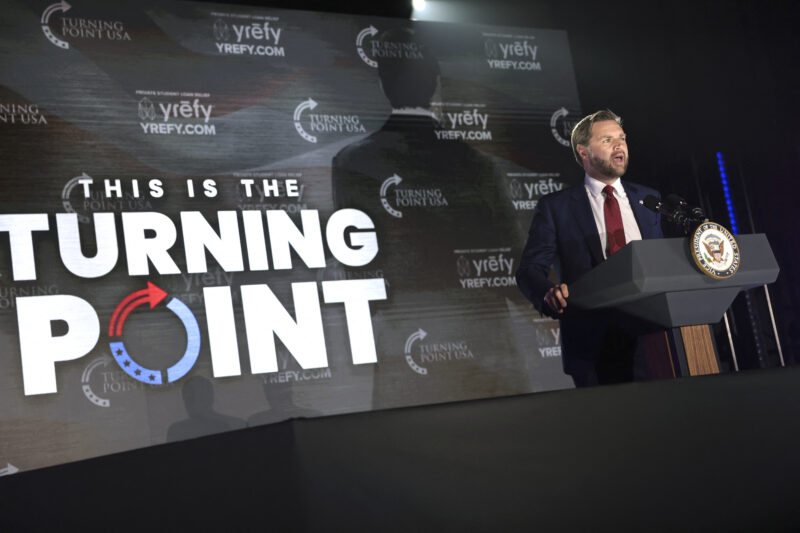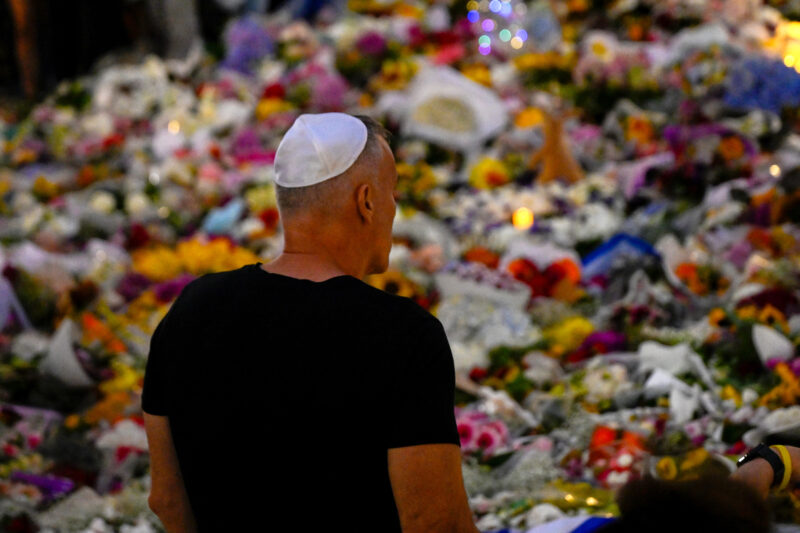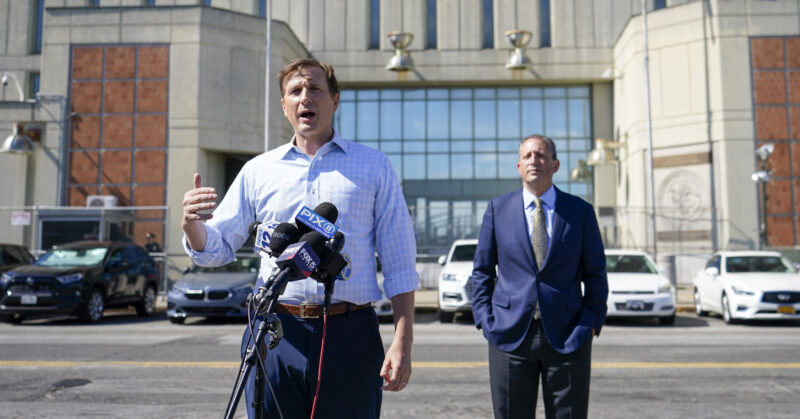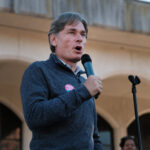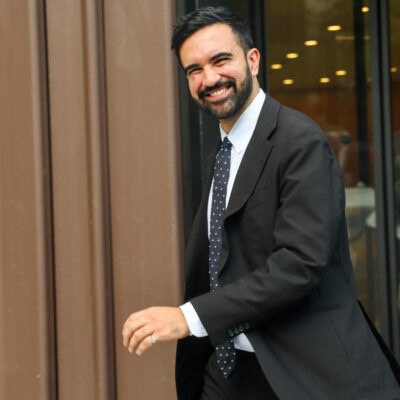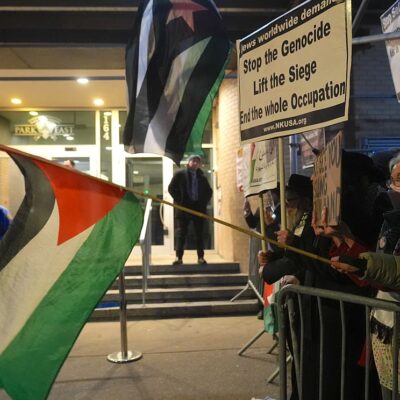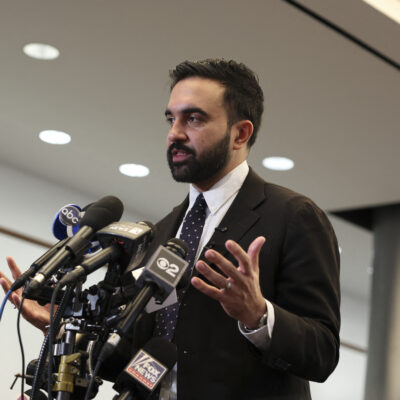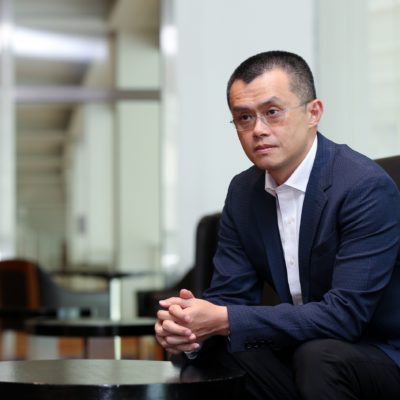North Carolina Jewish Democrats launch caucus to address local, national issues
The group's creation comes amid concerns that Lt. Gov. Mark Robinson, who has made antisemitic comments in the past, may launch a bid for governor

Getty Images
North Carolina State Capitol in Raleigh
Jewish leaders in North Carolina are gearing up to launch a new Democratic Jewish caucus at a founding convention later this month, as part of a broader effort among party activists to boost organizing efforts before the 2024 election.
“We think the time is right for a Jewish caucus in the Democratic Party,” Matt Sadinsky, the group’s acting president, said in an interview with Jewish Insider on Friday. “The Jewish people share a lot of values with the Democratic Party. These values are now being threatened all around us, and now is the time to fight for them.”
The North Carolina Democratic Jewish Caucus, as it is officially known, will meet virtually on Sunday, Feb. 26, to adopt bylaws, elect officers and begin the process of establishing county chapters, among other things. After the convention, the group will petition to become formally affiliated with the state party, according to Sadinsky.
The creation of the caucus comes in response to a wide range of issues that have caused mounting concern among Jewish Democrats in the Tar Heel State, chief among them the rising threat of antisemitism.
“There are a lot of antisemitic words and acts all over North Carolina and over the country, and many of our caucus members have experienced them personally,” Sadinsky, who lives outside Charlotte, told JI. “It seems like hate speech, which was verboten, is now being mainstreamed. We think we’ve got to do something.”
In 2021, antisemitic incidents across North Carolina rose by 131% over the prior year, according to the most recent annual audit published by the Anti-Defamation League, which counted 30 reported cases of anti-Jewish harassment and vandalism within the state.
Meanwhile, Jewish community members from both parties have raised alarms over North Carolina’s Republican lieutenant governor, Mark Robinson, who has refused to apologize for past comments in which he denigrated Jews, Muslims and transgender people, among other groups.
Robinson is widely expected to run for governor next year in what could be a hotly contested two-way matchup with Josh Stein, the attorney general of North Carolina, who recently announced his campaign to succeed Roy Cooper, the term-limited Democratic incumbent.
Stein, a Jewish Democrat who criticized Robinson’s rhetoric in his launch video, is scheduled to deliver the keynote address at the inaugural caucus convention in two weeks, according to a meeting agenda now available on the group’s website.
“Part of our goal is to elect candidates who share our values and who will fight against hate speech and hateful acts,” Sadinsky explained. “The North Carolina Democratic Jewish Caucus has a mission statement to add Jewish voices and our values in order to strengthen and unify the whole party.”
He said the caucus also intends to focus on such hot-button issues as voting rights, abortion access, climate change and Middle East policy, the latter of which has recently emerged as a source of brewing division among Democratic activists in North Carolina.
Last June, the state Democratic Party adopted a series of controversial resolutions at its annual convention in Durham, accusing Israel of “apartheid” and calling for “targeted sanctions, including travel bans and asset freezes,” on Israelis who have committed alleged human rights violations against Palestinians, among other measures.
The resolutions were roundly condemned by Jewish leaders in North Carolina, who said the new party platform had unfairly targeted Israel.
Even as Sadinsky declined to comment directly on such tensions, the caucus is poised to ratify some bylaws that will implicitly rebuke the state party’s approach to Middle East affairs.
For example, the group’s first stated purpose, according to its mission statement, is to oppose antisemitism “in all its forms, including delegitimization of the Jewish State of Israel, and all other forms of racism, bigotry and prejudice, and educate the public about their manifestations.”
Moreover, prospective members are required to pledge their commitment to the national Democratic Party platform on the Middle East formalized in 2020, which upholds support for “a negotiated two-state solution that ensures Israel’s future as a Jewish and democratic state with recognized borders,” among other things.
“You have to be willing to accept the Democratic platform on Israel, and you have to swear off any kind of hate speech,” Sadinsky told JI.
To qualify as a voting member, newcomers must also be registered Democrats and “identify as being Jewish, or have a personal connection to the Jewish community,” the mission statement reads.
North Carolina is home to a rapidly growing Jewish population, including an estimated 62,000 Jewish adults who largely identify as Democratic or lean Democratic, according to a recent report.
For now, Sadinsky said it is too soon to predict how many members will join the group . He described the current effort as a “small group” of acting officers who have been “meeting regularly” ahead of the convention, including Fred Gutman, David Rubin, John Kibler, Sarah Fuerst and Bob Hyman.
“I don’t think we’re going to have 100 counties organized, but in the larger cities and the larger counties, we should have county chapters and then we’ll see where we go from there,” Sadinsky speculated.
The Jewish Democratic Council of America, a nationally focused political advocacy group, maintains a state chapter in North Carolina but is not formally connected to the caucus.
Eric Solomon, a rabbi who leads the Beth Meyer Synagogue in Raleigh, which is affiliated with the Conservative movement, said the caucus will serve a pressing need within North Carolina’s Jewish community.
“Given the fact that there are issues and platforms that have come up in the past in the Democratic Party that have concerned the Jewish community, and there are issues across the state that concern the Jewish community,” he said in an interview with JI, “it’s all the more important that we are clear and use our collective voice to lift up what the Jewish community feels about all kinds of issues.”
Solomon, the founding co-chair of the North Carolina Jewish Clergy Association, said he has been invited to give an opening blessing at the convention but is not formally involved with the caucus itself, even if he is broadly supportive of its approach.
“Obviously, the Israeli-Palestinian conflict has arisen, but there’s more than just that,” he elaborated. “There are issues of reproductive choice. It’s a very serious issue here. There are issues around how we, please God, welcome and honor LGBTQ children and don’t discriminate or scare those children, who are in my congregation.”
Sadinsky, for his part, echoed that view. “We think that our caucus can really be a forum to leverage our resources,” he told JI, “to promote candidates and policies that reject the politics of hatred, prejudice, bigotry, homophobia and division.”







